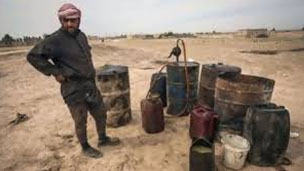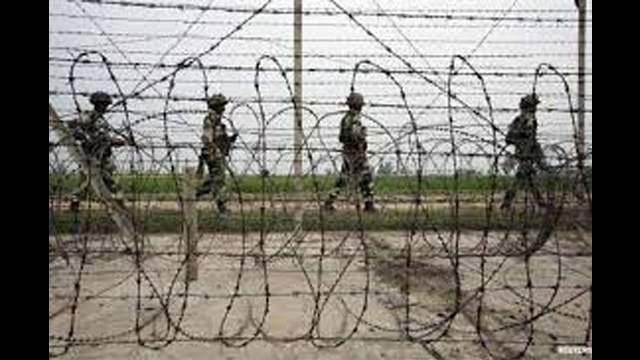The oil industry, a main lifeline for the Syrian economy, is at risk as the main oil fields in northeastern regions of the country are being “erroneously used” by rebels
The oil industry, a main lifeline for the Syrian economy, is at risk as the main oil fields in northeastern regions of the country are being “erroneously used” by rebels, media reported on Tuesday.
Around 8.5 billion barrels of oil, approximately 40,000 barrels on a daily basis, were stolen by the end of the third quarter of 2013, causing $19.1 billion in material losses, reported Xinhua.
Meanwhile, the oil establishment data revealed that more than 20 oil wells were burned and 128 were stolen.
Ali Abbas, general director of the General Establishment for Oil, said that the heavy oil production in Syria has been completely halted as of the third month of 2013; and the light oil production doesn’t exceed 15,000 barrels per day because of repetitive attacks against oil pipelines extending from Tal Adas in the northeastern city of al-Hassakeh to Homs refinery in central Syria.
Gas production also slumped from 28 million cubic metres to 17 million as rebels have fully controlled Deir el-Zour and al- Jibsseh gas plants. The two plants totally stopped production in December 2012, while al-Jibsseh plant re-operated in August with no more than 50 percent of its original capacity.
Oil sector has been a pillar industry of Syria’s economy until the domestic crisis broke out, with the country producing about 380,000 barrels of oil and exporting around 130,000 barrels a day, accounting for 45 percent of Syria’s total exports.
In 2010, Syria’s oil exports were estimated at $3 billion, while in 2013, Syria imported oil by $1.7 billion, in a drive to meet people’s need of oil derivations.
At the beginning of the crisis, the EU slapped Syria with harsh economic sanctions, including an embargo on purchasing or transporting Syrian oil, and prohibiting companies dealing with Syria or investing in the country, as well as withdrawing experts and staff, suspending funding, and imposing sanctions on Syrian petroleum companies.
By the end of 2011, all foreign companies operating business in the oil field left the country.
Abbas noted that the cost of rehabilitating Syria’s oil establishments totals at around $1 billion and the Syrian government has unveiled a plan to re-operate oil establishments within the next five years.
-IANS





